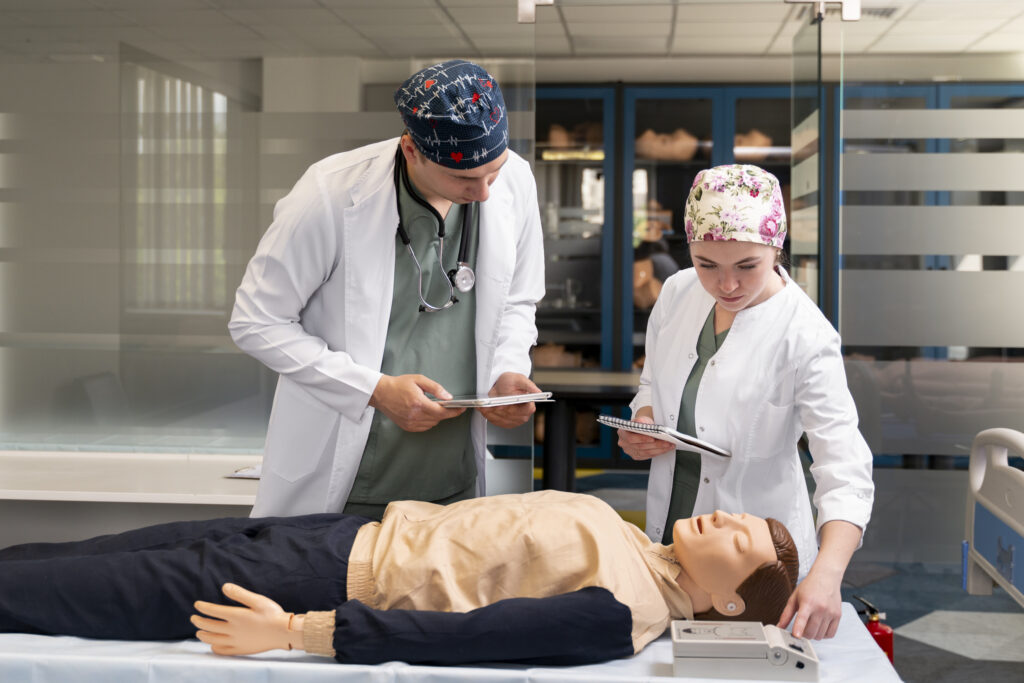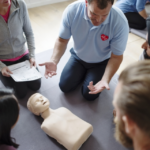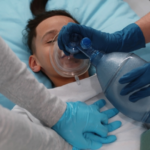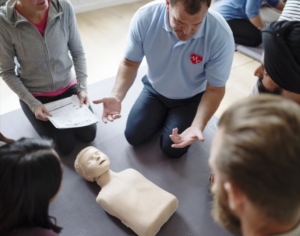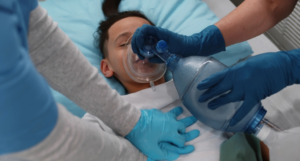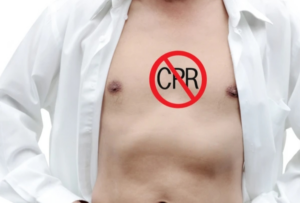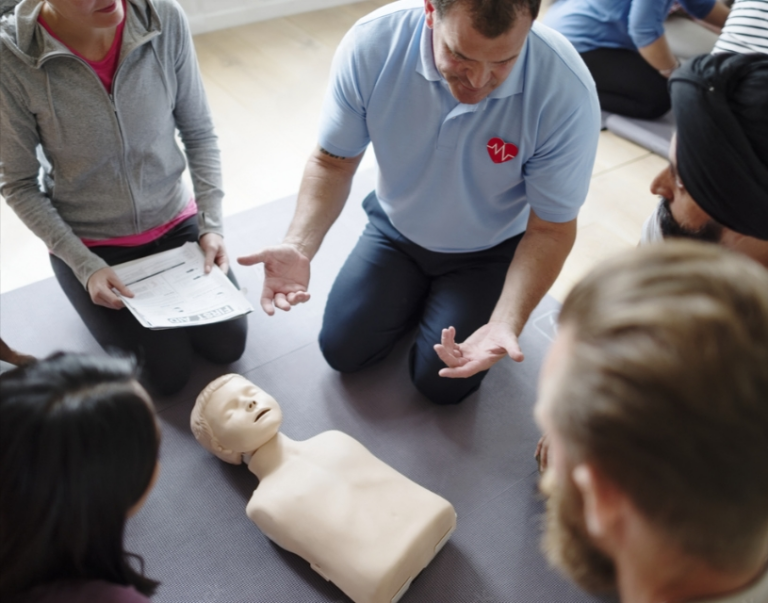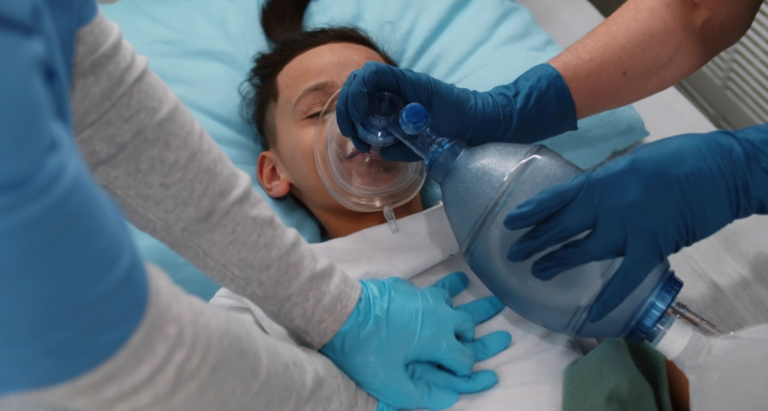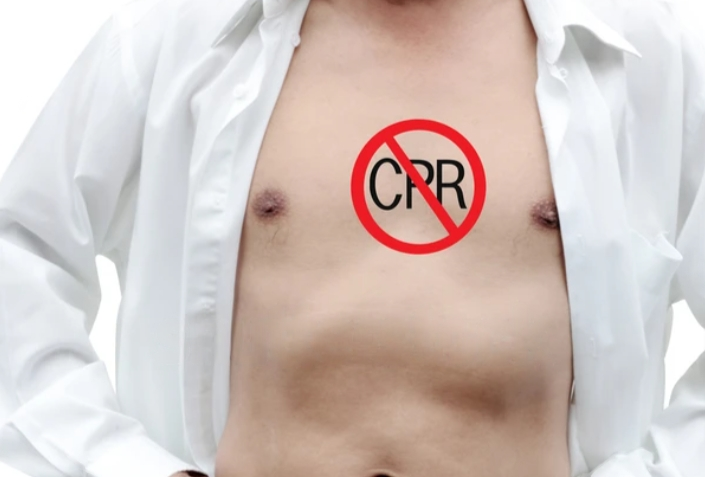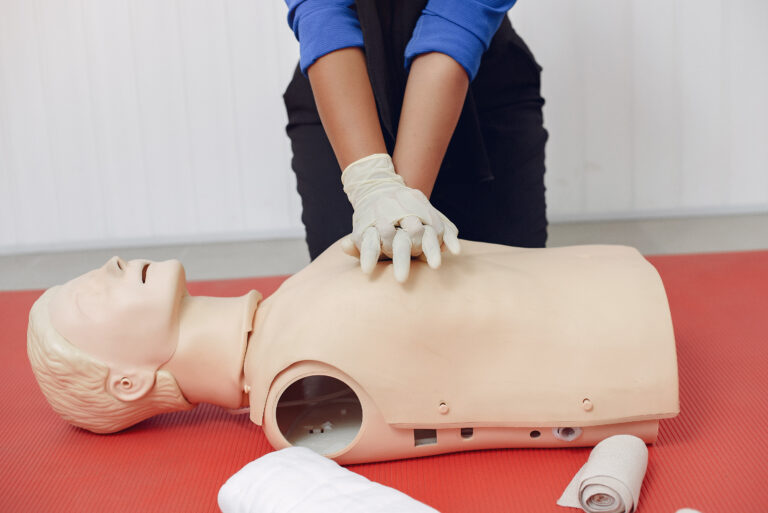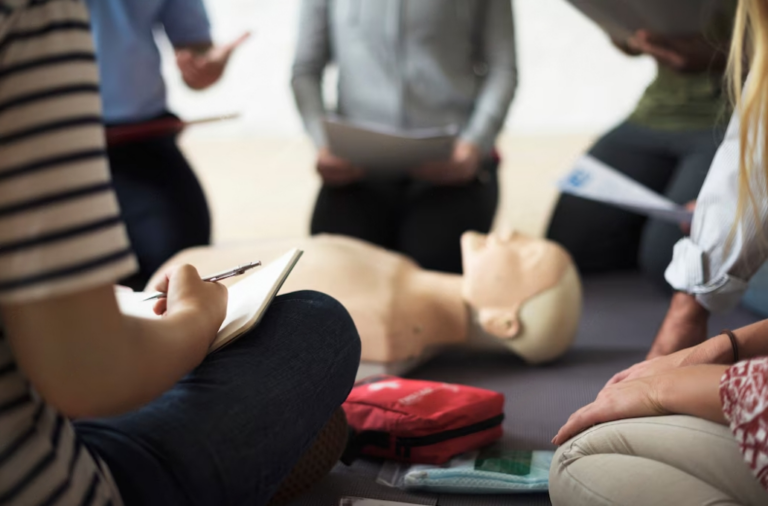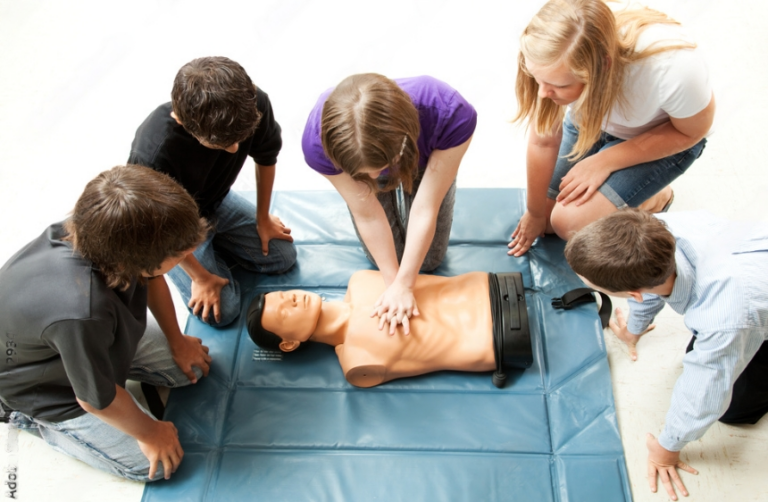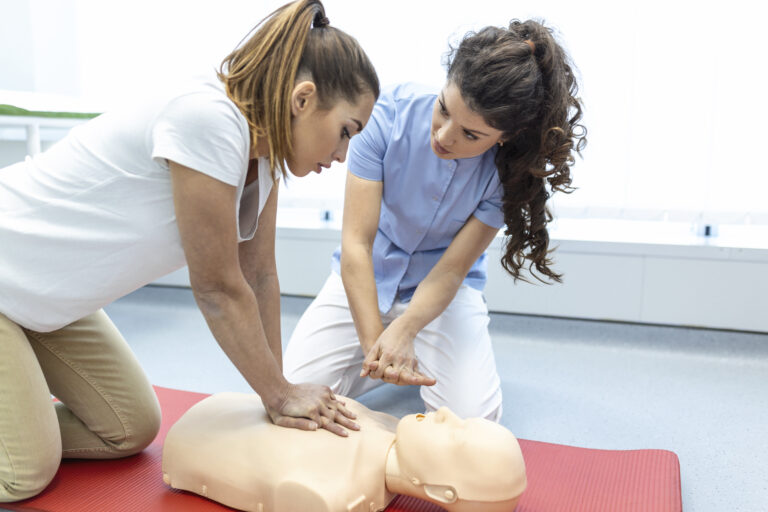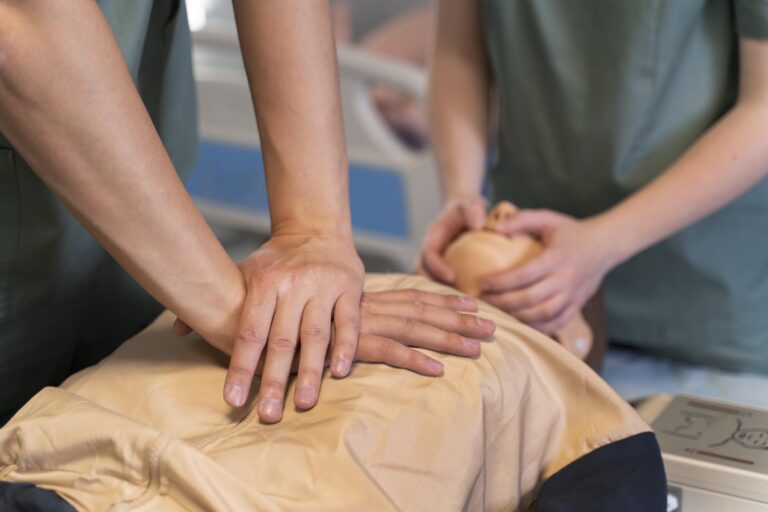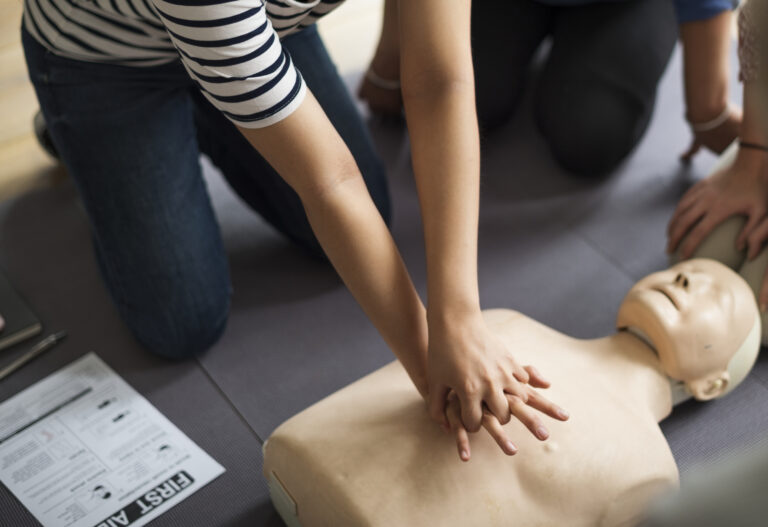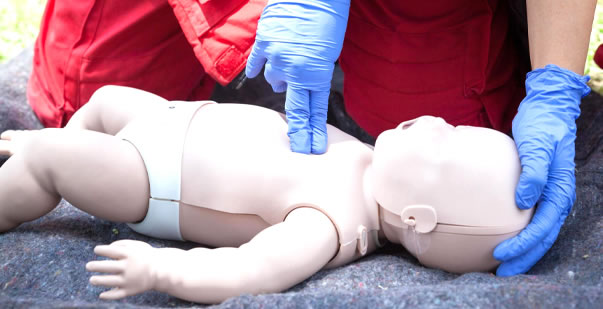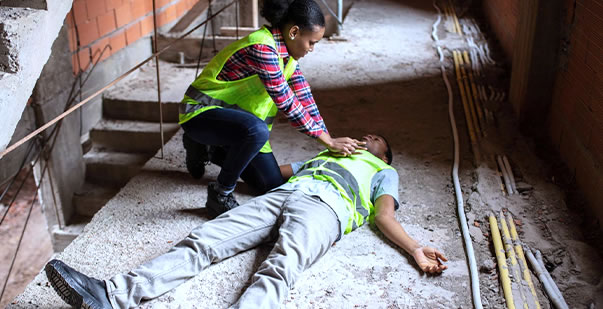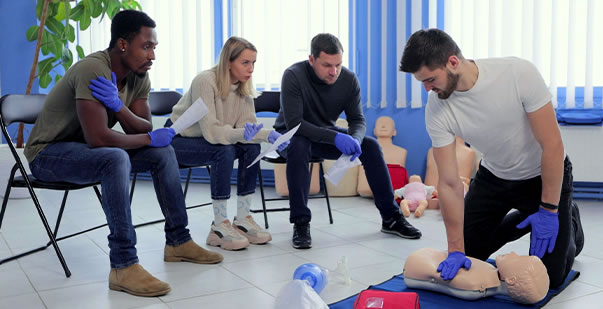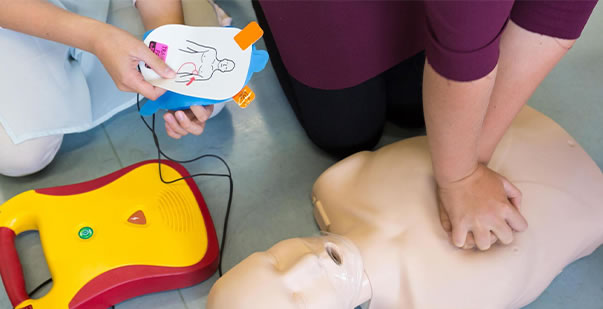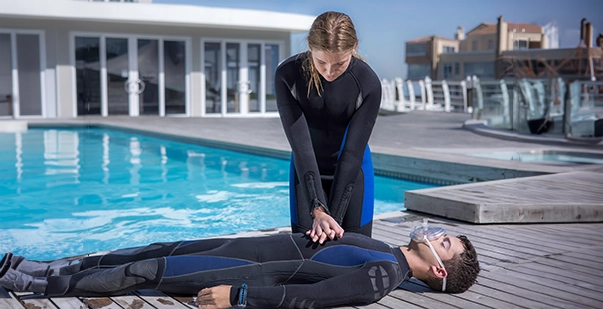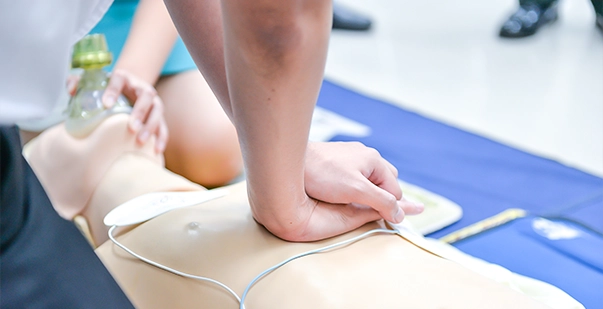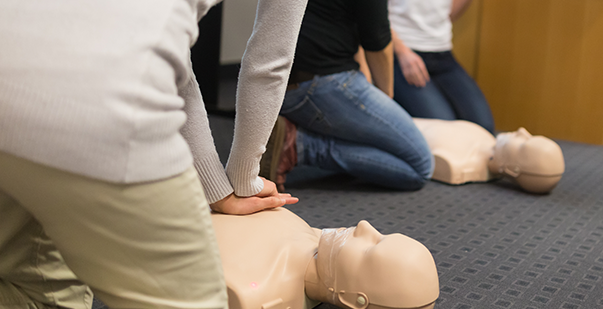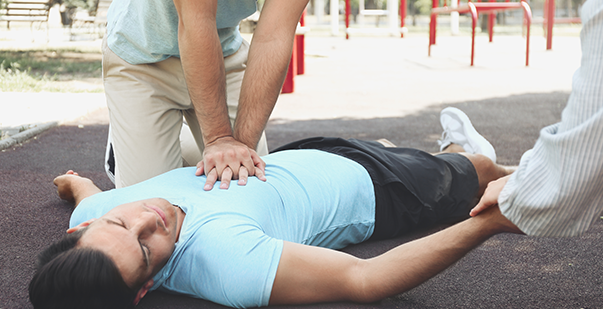Table of Content
- What is the Definition and Purpose of the Good Samaritan Law?
- Scope of Protection
- Legal Considerations for CPR Providers
- Tips for CPR Providers
- Good Samaritan Law by State:
In emergencies, having a grasp of the legal considerations surrounding CPR can be as crucial as knowing the life-saving techniques themselves. The Good Samaritan Law, designed to protect individuals who offer assistance in emergencies, plays a significant role in CPR scenarios. According to the American Heart Association, around 70% of out-of-hospital cardiac arrests occur in homes or residential settings, underscoring the likelihood of bystander involvement. However, many people hesitate to perform CPR due to fears of legal repercussions. This is where the Good Samaritan Law comes into play, offering protection to individuals who provide reasonable assistance in good faith. Understanding the provisions of this law empowers bystanders to act confidently and swiftly during cardiac emergencies, potentially saving lives. This blog aims to delve into the specifics of the Good Samaritan Law, its implications for CPR scenarios, and how individuals can navigate legal considerations while providing aid in emergencies.
What is the Definition and Purpose of the Good Samaritan Law?
The Good Samaritan Law is a legal principle designed to protect individuals who voluntarily offer assistance to those in distress during emergencies. It aims to encourage bystander intervention by providing legal immunity to those who render aid in good faith. This law varies by jurisdiction but generally shields individuals from liability for any harm that may occur while providing reasonable assistance during emergencies.
- Encourages bystander intervention
- Provides legal immunity to those offering aid
- Varies by jurisdiction
- Shields individuals from liability for harm during assistance
Explanation of the Protection Offered:
The Good Samaritan Law offers protection to individuals who provide emergency aid by shielding them from legal liability. It ensures that individuals acting in good faith to assist others in distress cannot be held legally responsible for any unintentional harm caused during the rescue attempt. This legal immunity encourages bystanders to intervene in emergencies without fear of facing legal consequences. By offering this protection, the law promotes public safety and encourages swift action during critical situations.
Key Provisions and Limitations of the Good Samaritan Law:
- Scope of Protection: The law applies to those who provide aid during medical emergencies, offering protection to bystanders, healthcare professionals, and trained volunteers acting in good faith.
- Limitations: Protection may not apply if aid is provided recklessly, beyond one’s training, or in situations involving compensation. Legal obligations vary by jurisdiction.
- No Duty to Assist: Individuals generally have no legal duty to intervene unless they have a pre-existing duty of care.
- Jurisdictional Variances: Laws regarding the Good Samaritan Law can differ by location, so understanding local provisions is essential for clarity on legal immunity.
Scope of Protection:
The Good Samaritan Law extends its protection to various individuals who render aid during emergencies. This includes bystanders, healthcare professionals, and volunteers who offer assistance in good faith. Bystanders who provide CPR or first aid, healthcare professionals who intervene outside their regular scope of practice, and volunteers participating in rescue efforts are all covered by this law.
- Bystanders offering CPR or first aid
- Healthcare professionals intervening beyond their regular duties
- Volunteers participating in rescue efforts
What is Legal Immunity:
Under the Good Samaritan Law, individuals covered by its provisions are granted legal immunity from civil liability for any damages that may occur while providing aid during an emergency. This immunity applies as long as the individual acts in good faith and within the scope of their training and abilities. It ensures that those who step forward to help in critical situations are protected from potential lawsuits arising from their rescue efforts.
Instances Where the Law May Not Apply:
While the Good Samaritan Law offers broad protection, there are instances where its provisions may not apply. For example, individuals who provide aid while under the influence of drugs or alcohol may not be covered. Additionally, if someone acts with gross negligence or intentionally causes harm while rendering aid, they may not be protected by the law. Individuals need to understand the limitations of the Good Samaritan Law and act responsibly when providing emergency assistance.
Legal Considerations for CPR Providers:
Before administering CPR, it’s crucial to consider several legal aspects to ensure that the aid provided is both effective and legally sound. Here are some key factors to keep in mind:
- Obtaining Consent:
- Always obtain consent from the victim if they are conscious and able to communicate.
- In situations where the victim is unconscious or incapacitated, consent is implied unless there is evidence to the contrary.
- Respecting the victim’s autonomy and right to refuse treatment is essential.
- Acting Within One’s Scope of Training:
- CPR providers should only perform techniques that they have been trained and certified to perform.
- Acting outside of one’s scope of training could lead to legal liabilities and potential harm to the victim.
- It’s essential to assess one’s skills and limitations accurately before providing aid.
- Liability Risks and Precautions:
- While the Good Samaritan Law provides some protection to CPR providers, there are still potential liability risks.
- Providers should ensure that they act in good faith, following established guidelines and standards of care.
- Documenting the circumstances surrounding the CPR intervention can provide additional protection in case of legal challenges.
By considering these legal aspects before administering CPR, providers can help ensure that their actions are not only effective but also legally defensible.
Tips for CPR Providers:
When providing CPR, it’s essential to minimize legal risks while prioritizing the victim’s well-being. Here are some practical tips to consider:
- Documentation:
- Keep accurate records of the events leading up to and during the CPR intervention.
- Document any verbal consent obtained from the victim or bystanders.
- Record the time CPR was initiated, the techniques used, and any changes in the victim’s condition.
- Communication:
- Communicate clearly with bystanders and emergency responders about the actions being taken.
- Provide updates on the victim’s condition and response to CPR efforts.
- Collaborate effectively with other CPR providers or healthcare professionals on the scene.
- Follow Established Protocols:
- Adhere to established CPR protocols and guidelines recommended by organizations like the American Heart Association (AHA) or the Red Cross.
- Avoid improvising or deviating from standard procedures unless necessary for the victim’s safety.
- Seek Legal Guidance:
- Familiarize yourself with local Good Samaritan Laws and regulations governing CPR and emergency medical interventions.
- Consult with legal professionals or healthcare providers for guidance on liability issues and legal responsibilities.
By following these tips and staying informed about legal considerations, CPR providers can ensure that their actions are both effective and legally defensible in emergency situations.
Good Samaritan Law by State:
Understanding the nuances of Good Samaritan Laws can be crucial, as these laws vary from state to state. Each state has its own set of provisions and protections, which may differ in scope and application. While some states have comprehensive Good Samaritan Laws that offer broad protection to individuals providing aid in emergencies, others may have more limited provisions or specific requirements.
State-Specific Provisions:
State-specific provisions of the Good Samaritan Law can include details on who is covered by the law, the extent of legal immunity provided, and any exceptions or limitations. For example, some states may extend protection to off-duty healthcare professionals, while others may not. Additionally, certain states may have specific requirements for individuals to qualify for legal immunity under the Good Samaritan Law.
Resources for Individuals:
For individuals seeking to understand the Good Samaritan Law in their state, there are various resources available. State government websites often provide information on relevant laws and statutes, including Good Samaritan Laws. Additionally, legal resources such as online databases, legal aid organizations, and community resources may offer guidance on state-specific provisions and protections. It’s essential for individuals to familiarize themselves with the Good Samaritan Law in their state to ensure they understand their rights and obligations when providing aid in emergencies.
Conclusion
Understanding the legal aspects of performing CPR, particularly the Good Samaritan Law, is crucial for anyone who may find themselves in a position to provide emergency aid. The Good Samaritan Law provides important protections to bystanders and healthcare professionals, encouraging prompt action in critical situations without fear of legal repercussions. By familiarizing themselves with the provisions of the law and following best practices for CPR administration, individuals can contribute to safer communities and potentially save lives. It is essential to stay informed about state-specific regulations and seek professional guidance when necessary to ensure compliance with legal requirements while providing aid to those in need.
Frequently Asked Questions
The Good Samaritan Law offers legal protection to individuals who provide emergency care, including CPR, in good faith and without compensation, shielding them from liability for unintentional harm.
Under the Good Samaritan Law, you are generally protected from lawsuits if you provide CPR in an emergency situation with the intention to help, without gross negligence.
Yes, Good Samaritan Laws differ by state, but most provide similar protections for those who act in good faith to assist others in emergency situations.

